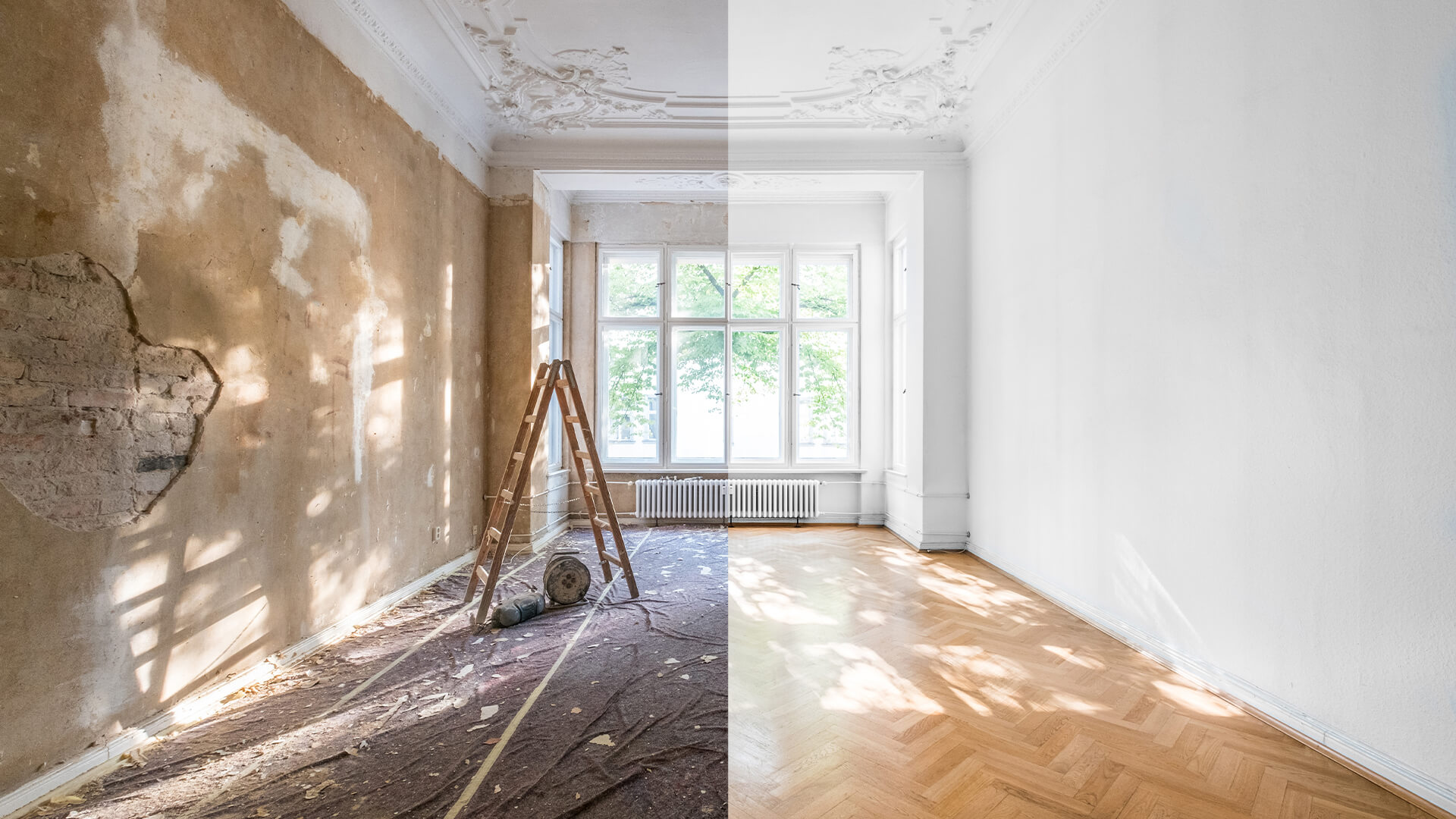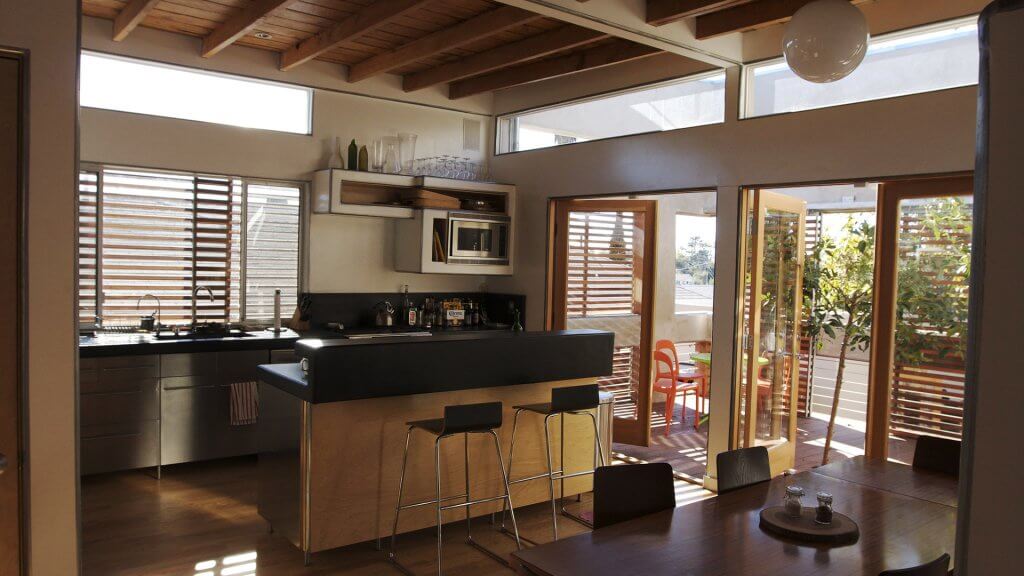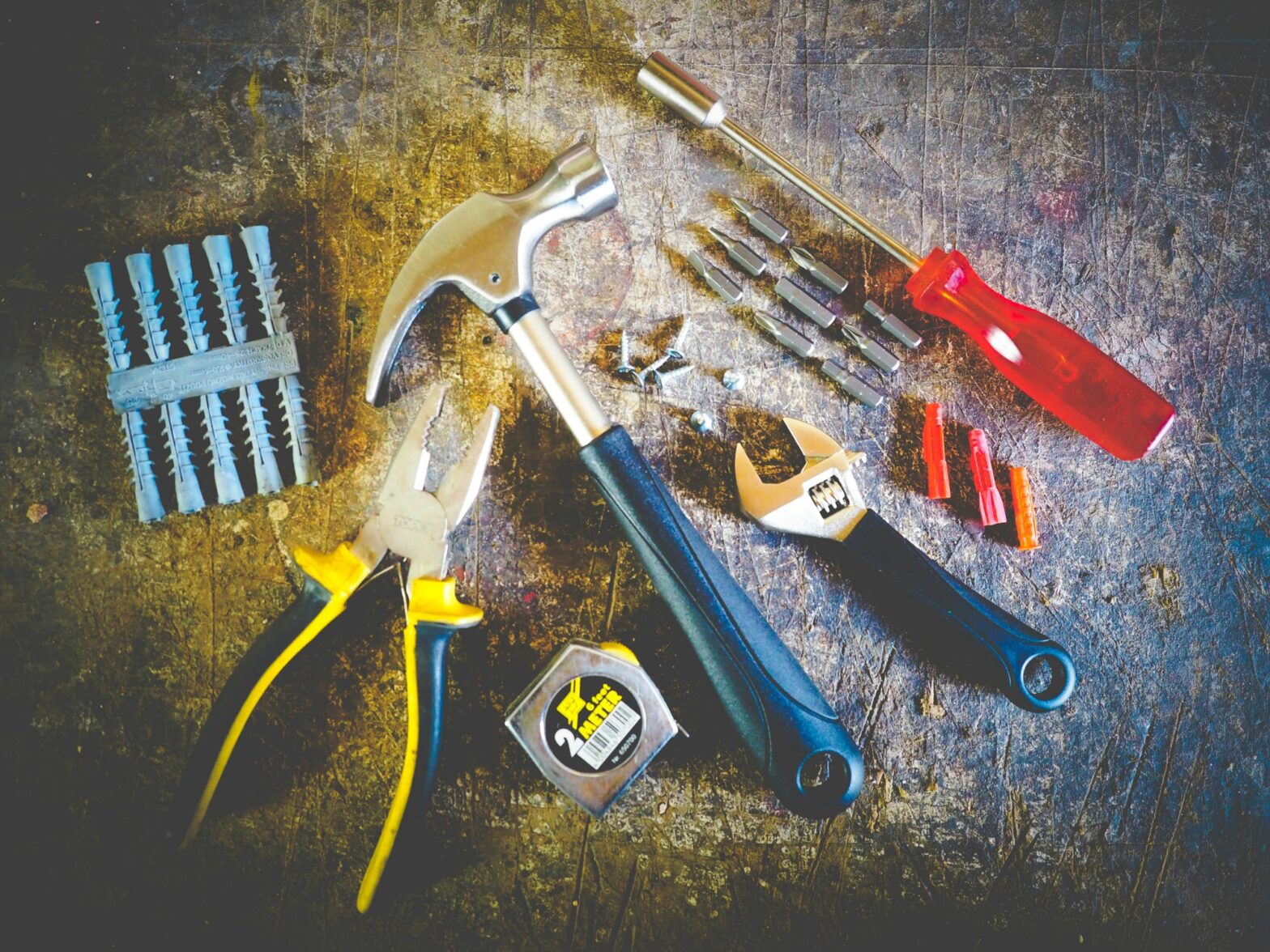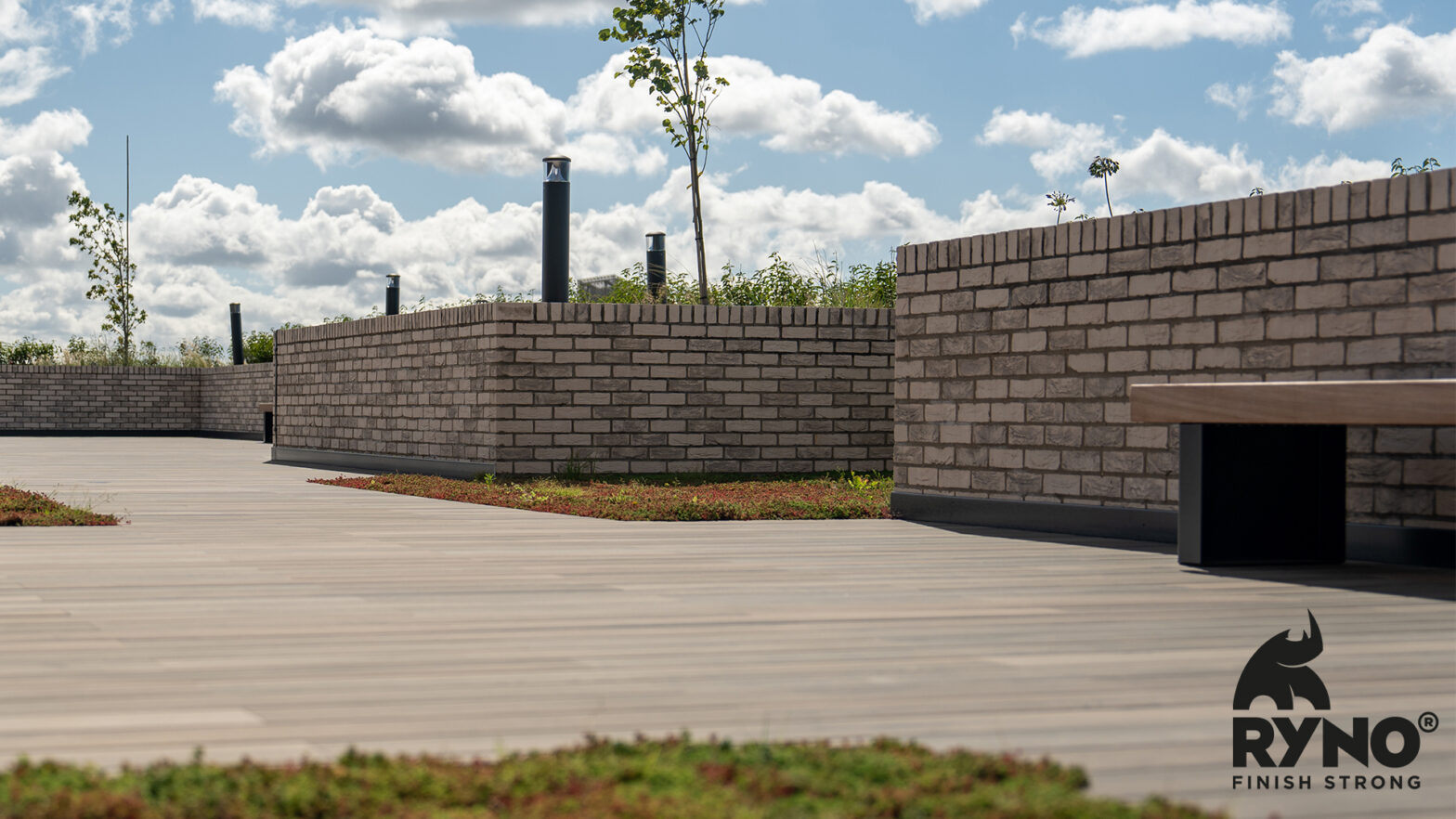It’s no secret that 2019 has been a difficult year in many ways. Hanging over almost everything has been the uncertainty caused by Brexit, which has not only left the country in a form of parliamentary paralysis but also had a fairly major effect on the housing market too.
The fact that house prices have actually fallen in London over the last year tells you all you need to know. But every cloud, as they say, has a silver lining and this particular one has come in the form of an ever-increasing desire amongst homeowners to renovate as an alternative to moving home.
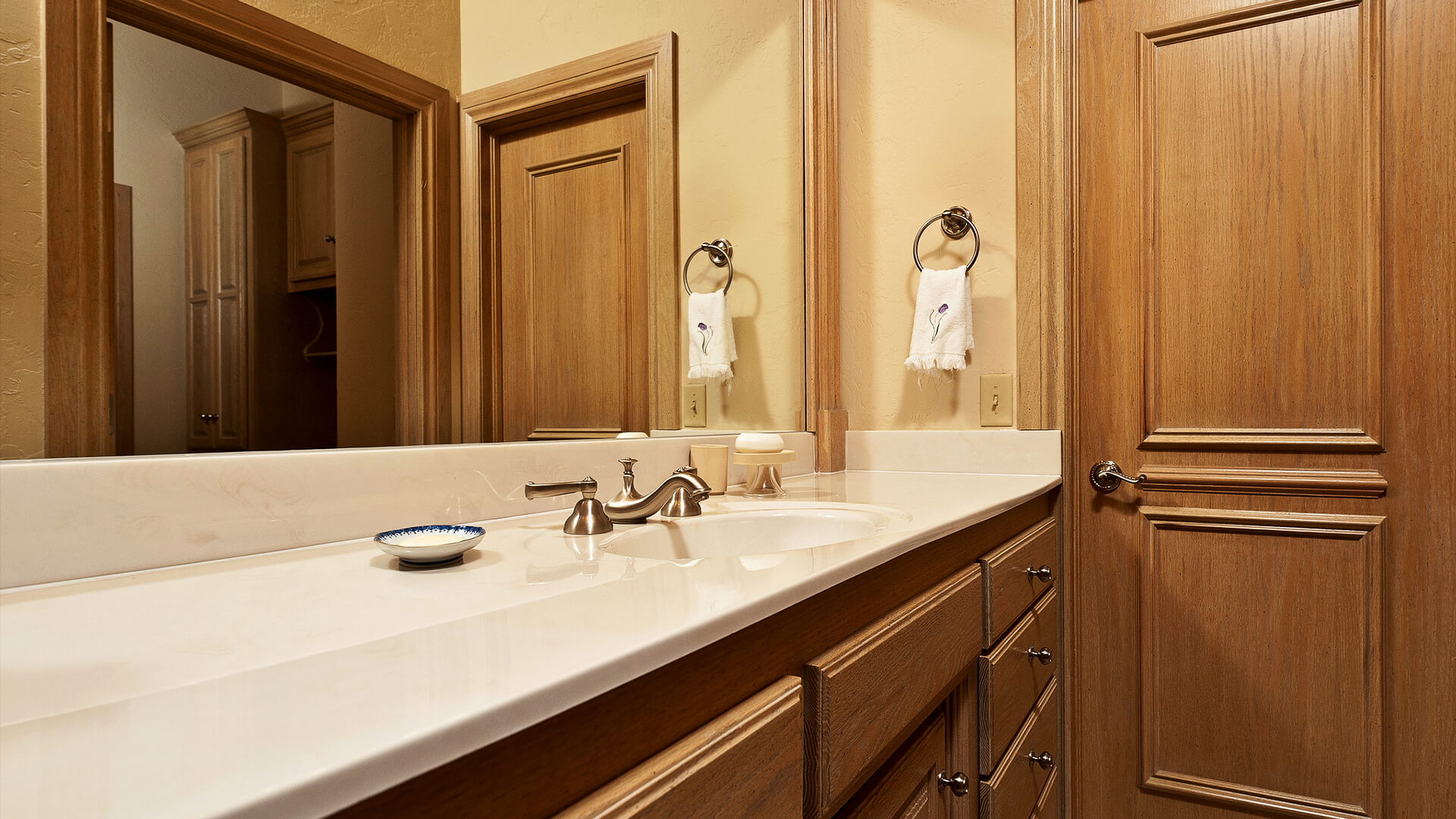
“Bathroom” (CC BY 2.0) by okchomeseller
This has not only given a boost to the building and associated trades. It could also be considered to be a widespread investment in improving the quality of the existing housing stock which may well be reflected in increased property values when the market does eventually recover.
There’s even more good news in research by Checkatrade which found that an estimated £55.5 billion is projected to be spent on renovations in 2020, a considerable increase over the figures for the last five years.
When it comes to the question of how to fund these works, it’s thought that the current low interest-rate environment may have a considerable bearing. For example, with interest accounts delivering negligible returns there is a good argument to spend at least some savings on renovations and improvements that will add to the value of a property.
Similarly, the low rates on many mortgages, especially those for existing homeowners, mean that borrowing against the property can be a low-cost route. To get an idea of just how affordable it could be one only has to put a few figures into the online Trussle mortgage calculator to be given an indicative figure instantly. The results highlight the opportunities that currently lie in opting to go down this route.
As to what kinds of renovations people are planning to make, the Checkatrade survey discovered that 37% of the people interviewed planned to focus on improving their bathrooms while 35% foresaw doing work on their bedrooms or kitchens. The amounts they intended to spend ranged from between £2,000 and £10,000.
For those looking to not only improve their homes but to see a healthy return on their investment, renovating the kitchen would be the better option to take. That’s because putting in a new bathroom is estimated to add only around 2.6% to a property’s value while a modern new kitchen can more than double this figure at 5.5%. This is also the most popular form of renovation in properties generally as people try to make the traditional “heart of the home” as warm, welcoming and practical as it can possibly be.
So it certainly does look as if everything is lining up to make 2020 the year of renovation, improvement and even repair. Looking even further ahead many people – and not just estate agents – will be hoping that this may prove to be a springboard for a revived and thriving housing market in general.












